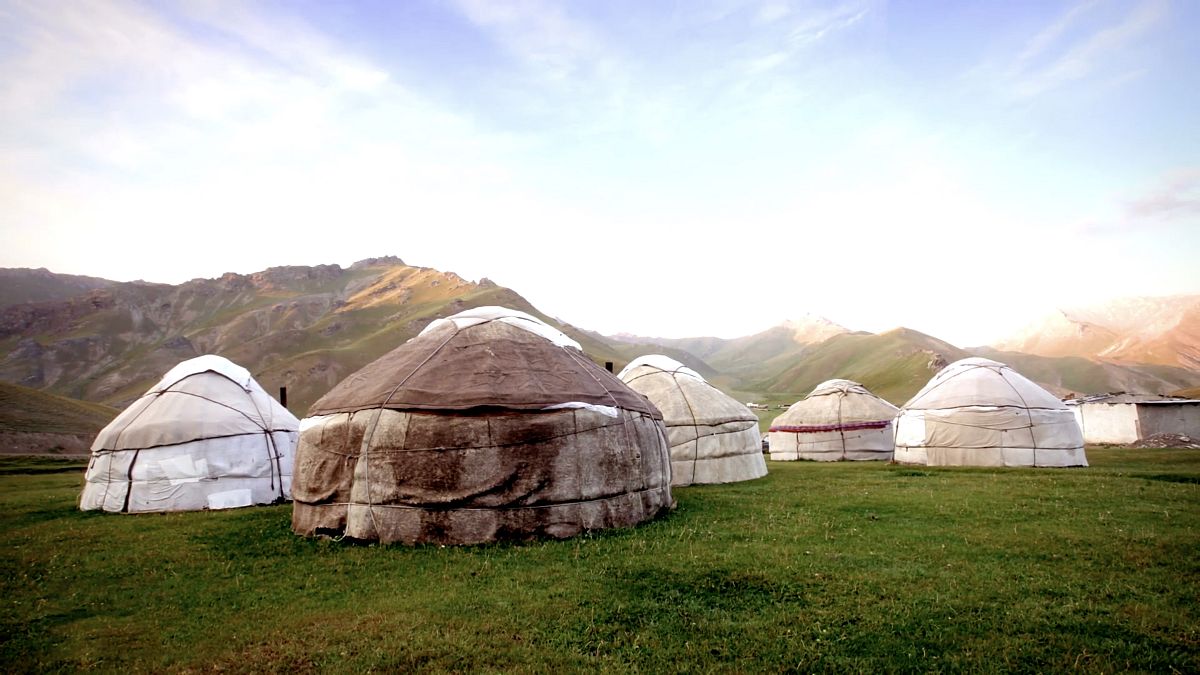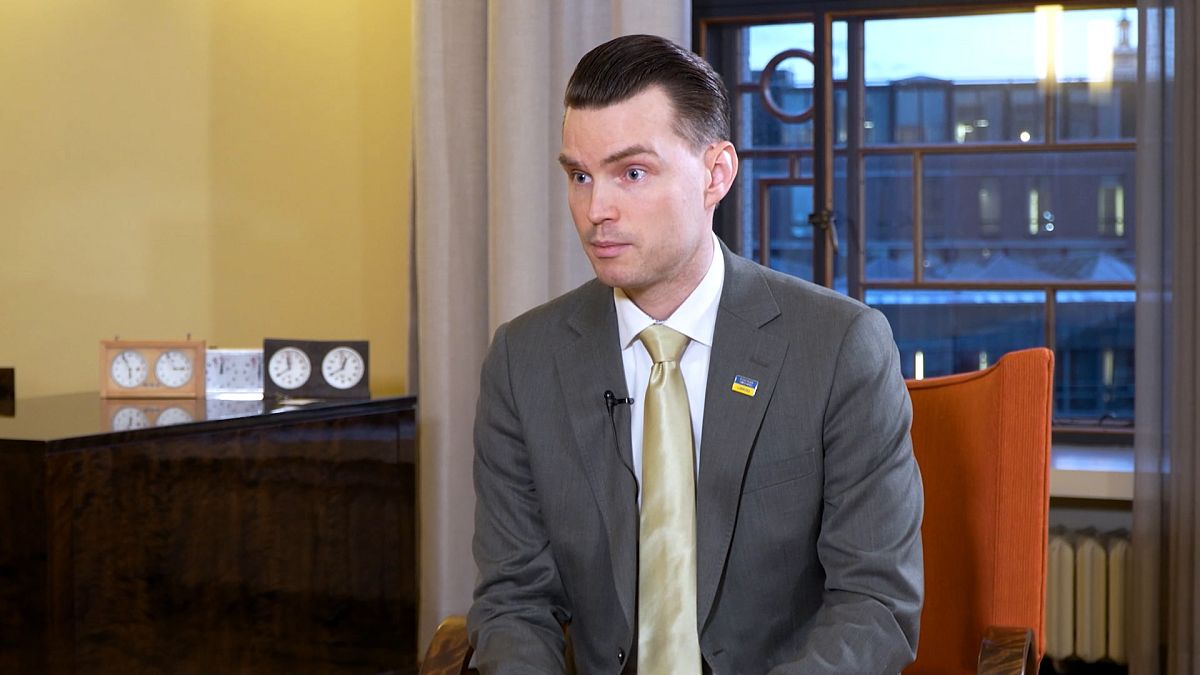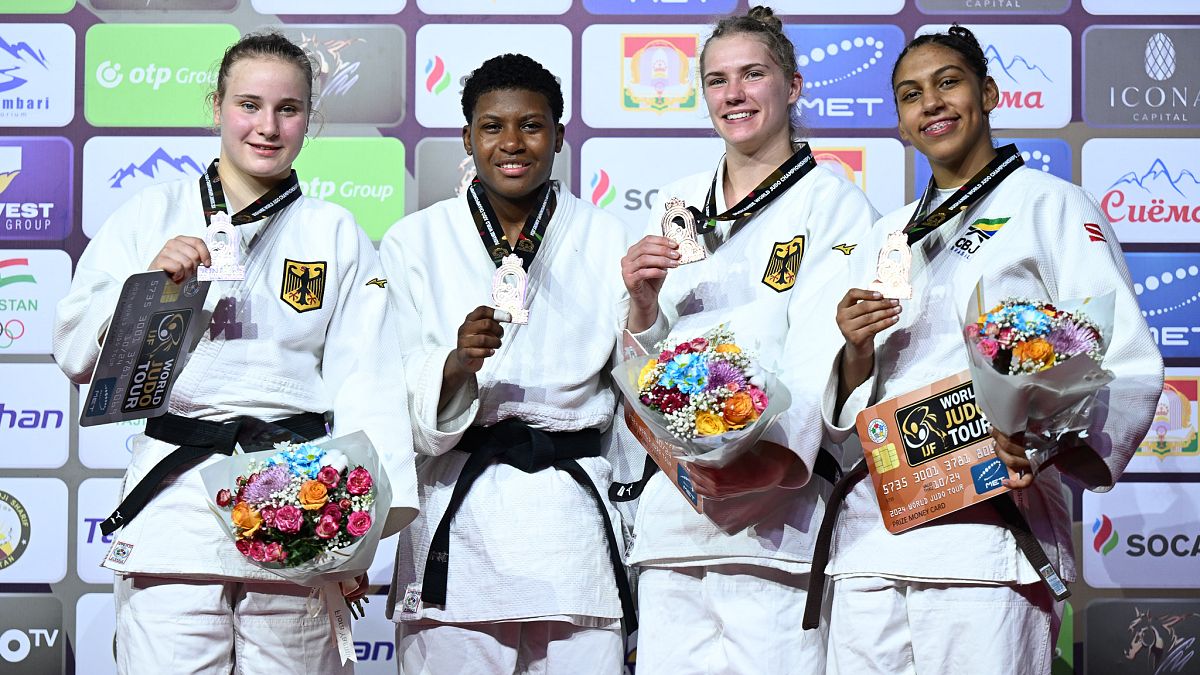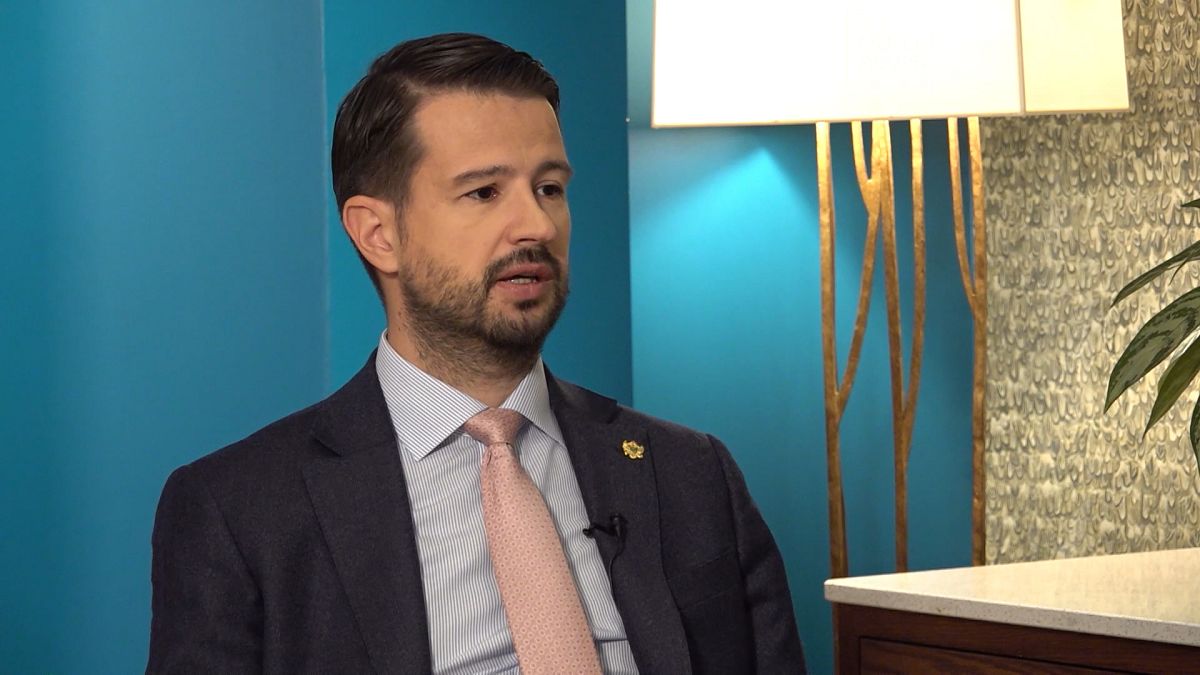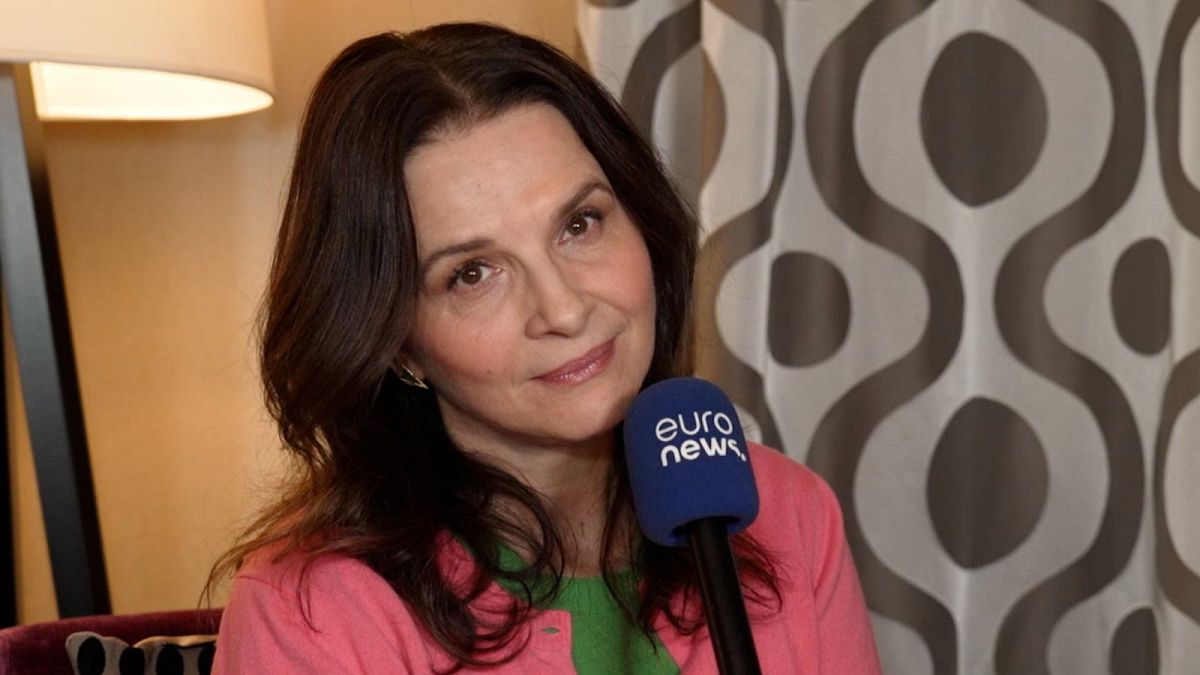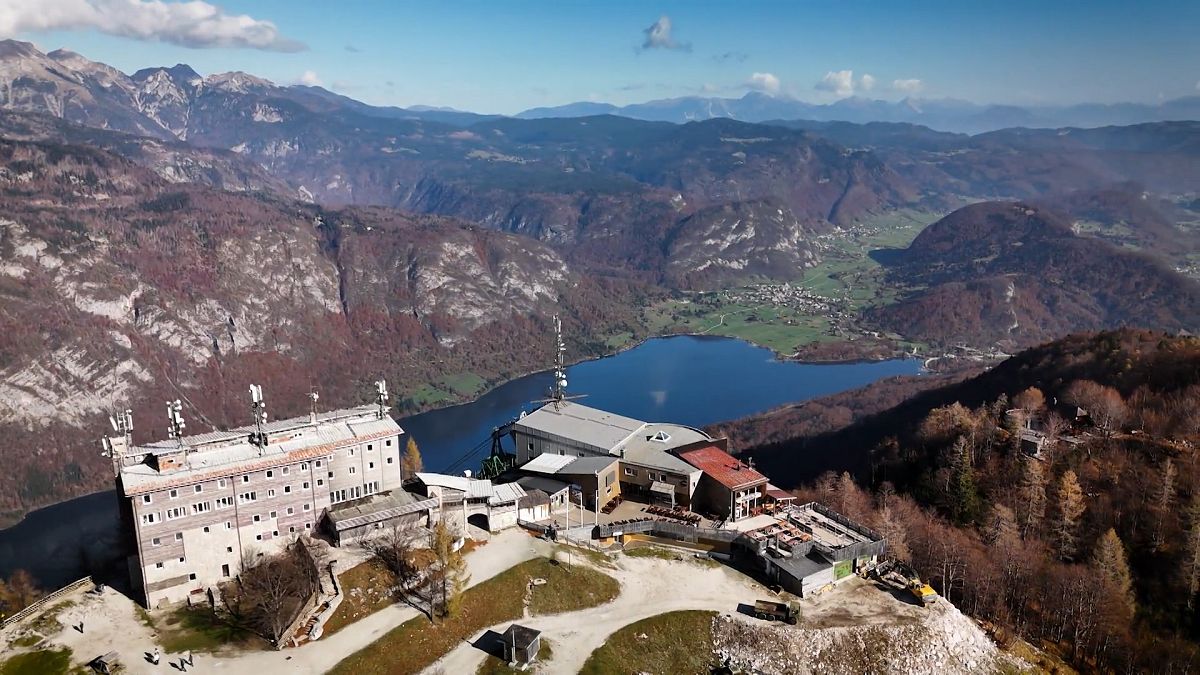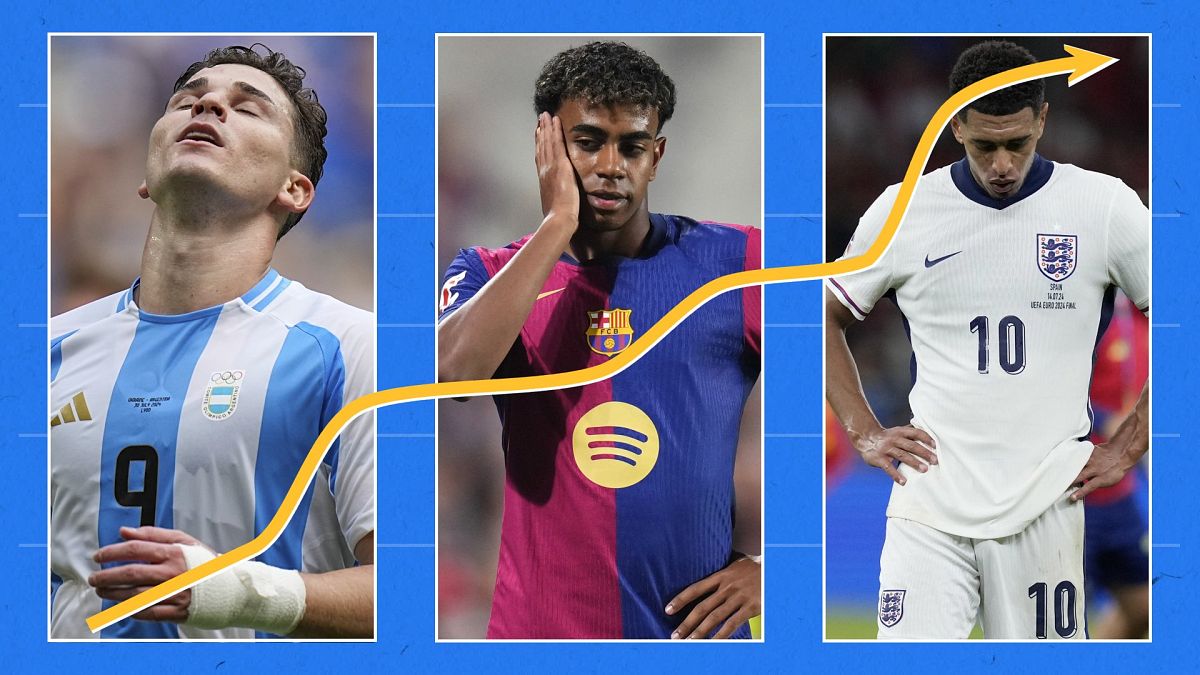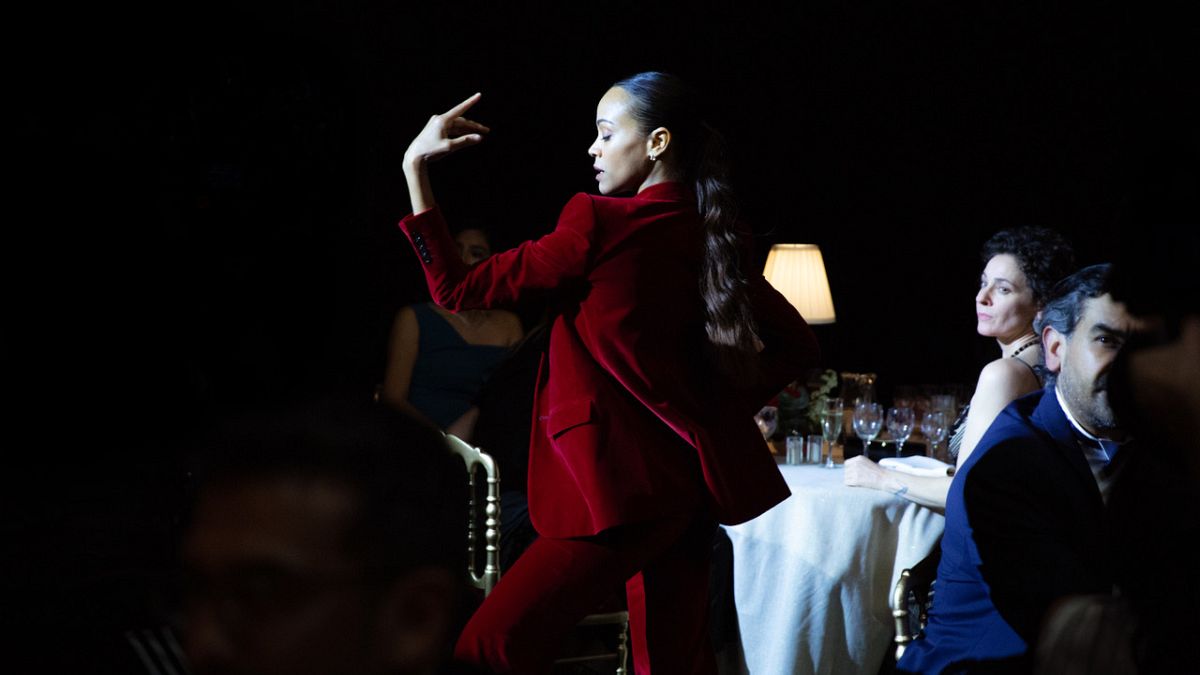Are we doing enough for women of colour in science?
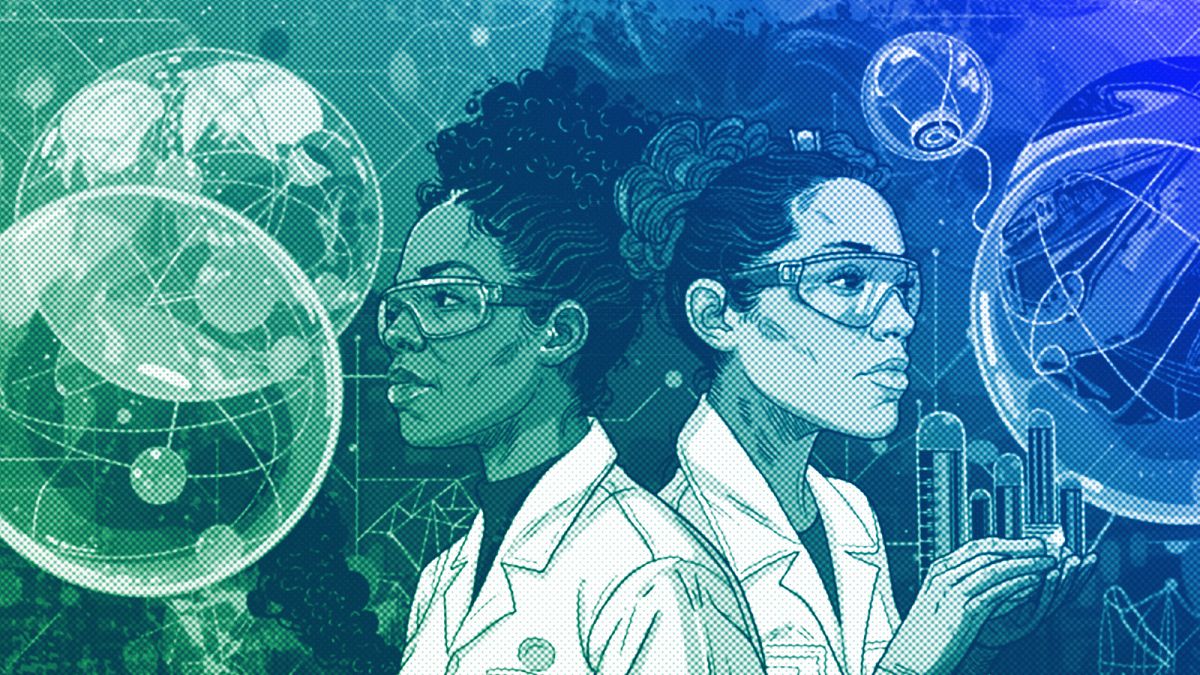
The opinions expressed in this article are those of the author and do not represent in any way the editorial position of Euronews.
Building spaces for African women in science requires resources. As well as funding, we need buy-in from their male peers to help construct safe spaces for them to flourish, Pauline Gerrard writes.
Every year, as 22 March rolls around, many in Europe and across the globe anticipate World Water Day with mixed feelings.
While the previous 365 days have almost always seen some advancement in the role and status of women protecting freshwater globally, the day also provides a moment to reflect on where we go from here.
While leading an annual program that seeks to empower early-career African women in freshwater science, I have many thoughts on the topic.
When it comes to the status of women in STEM, the picture is complex, sometimes confusing, at times concerning, but ultimately hopeful.
UNESCO reports that less than 30% of the world’s researchers are women.
In Europe, the gap seems to be closing a little more quickly, but when North Americans take a look at the landscape in the US, we see that women of colour are still clearly underrepresented.
In Africa, however, the story is much more nuanced than one might expect and suggests some exciting potential.
A 2022 study found that 47% of African universities’ science, technology, engineering, and mathematics graduates, at undergraduate and master’s levels, are women. The continent enjoys the highest proportion of female STEM graduates in the world.
This is certainly cause for celebration, but does beg the question: with such a high graduation rate, why are only one-third of African researchers female?
Stereotypes and violence continue unchecked
Cultural adherence to strict traditional gender roles means young girls tend to be burdened with more domestic chores that permit less time for educational endeavours.
When young women do get education opportunities, they are steered towards non-STEM streams and traditionally gender-stereotypical occupations.
Reports of unchecked harassment and sexual assault from male peers and faculty often force young women to leave higher education institutions before they finish their graduate degrees.
The pressures from family to find a partner and start a family, coupled with negative learning environments are key contributors to African women not breaking through the glass ceiling in science careers.
The lack of strong female role models in STEM fields means even less support and inspiration for success.
But why does this matter?
Women provide a unique problem-solving perspective. It comes as no surprise that countries with women as heads of state, like many throughout Europe, had the most effective initial COVID-19 pandemic responses.
Missing out on 50% of potential new theories, new discoveries, new innovations, as well as new solutions to questions that concern humans and freshwater environments are gaps in African research that need to be urgently addressed.
So, what’s the solution?
Building spaces and recognition for the amazing work women are doing
I have seen, firsthand, the power of programs that are dedicated to providing experience and training for early-career African women in science.
They get the opportunity to travel abroad, network, present their research and get a sense of the international science landscape. Those skills can then be reformulated and transformed back in their home countries.
The importance of building spaces where African women in science can get to know each other, maintain contact online, build networks, and act as inspiration and support for each other and new generations cannot be understated.
I have had countless conversations with these young female scientists about work-life balance, and their desire to have a family and career.
But, of course, building spaces for African women in science requires resources. As well as funding, we need buy-in from their male peers to help construct safe spaces for them to flourish.
There also must be recognition of the amazing work women are doing and how we can learn so much from them.
So, today, as we reflect on how far we have come, let’s not forget how far we still have to go to support an emerging generation of female freshwater scientists, and the role we all have to play.
Pauline Gerrard is Executive Director of the International Institute for Sustainable Development’s Experimental Lakes Area.
At Euronews, we believe all views matter. Contact us at [email protected] to send pitches or submissions and be part of the conversation.
Source: Euro News



